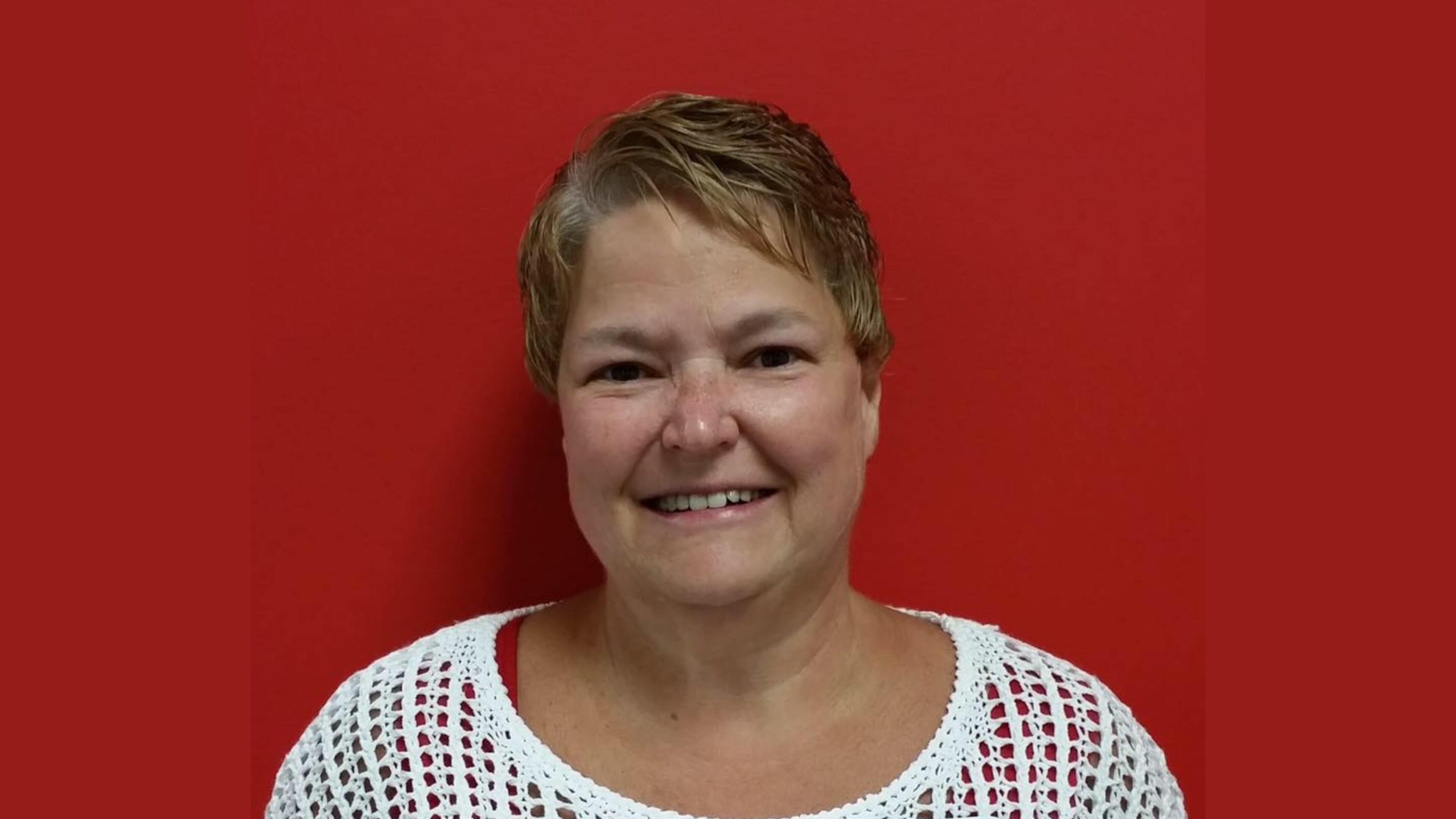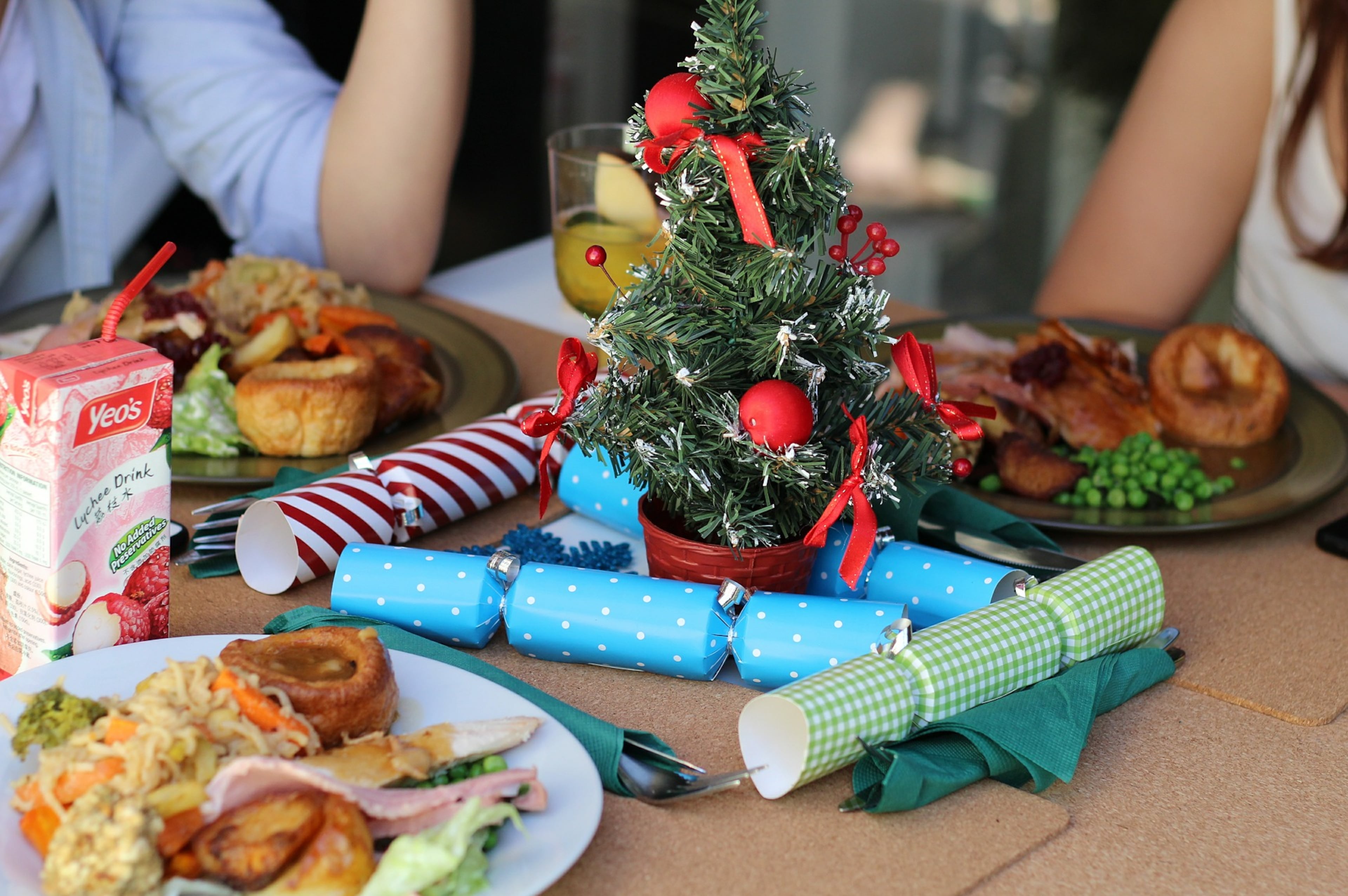Nurse Mitzi DeBusk's personal tragedies lead to cardiac advocacy

In her 20-plus years as a nurse, Mitzi DeBusk has served patients battling for their lives, and comforted families when tragedy struck one of their members. In that same time, she has coped with a heaping helping of similar life experiences, including a cardiac event in 2018 that took the life of her daughter, Brittany, who was 23.
Somehow, though, DeBusk is still standing — and working, taking photos and enjoying her grandkids. While she does feel sad or helpless occasionally, most of the time she's intent on giving her best at her job as a consultant for a home health agency in Richmond, Virginia, and giving her all to make the public aware of cardiac event warning signs in young people.
» RELATED: Standing by in Delivery: Nurse Kinsey Close offers comfort with care
Brittany was a stay-at-home mom with twin toddlers and an infant. She'd experienced a syncopal (fainting) episode about two months before her death, and she had been to the emergency room just the day before and sent home. Neither incident revealed the congenital cardiac arrhythmia that would cause her to collapse and suffer five cardiac events followed by a massive coronary event. What she knew from being a nurse didn't help during the event, DeBusk wrote in a wrenching account for the Love What Matters blog. Though Brittany wasn't taken off life support for days, "I knew my daughter had died before she hit the floor in her home," DeBusk says.
The one positive in the whole tragedy was that Brittany had signed her organ donor card. Both her kidneys and liver were successfully transplanted, and she became the first donor in North Carolina history to donate both her hands. As of January 2020, DeBusk wrote, "Britt’s hands are functioning – they are feeling and touching and holding that wonderful [transplant recipient’s] own grandchildren. Prayers answered!"
She is left wondering, always wondering. Why? "Brittany was just 23," DeBusk wrote in LWM. "Completely healthy. Active. A loving mother...She had two cesarean sections in the last 16 months. She was in the ER twice within two months before her death. Why was this not seen during any of those medical appointments? Why did this happen? I cannot get past the anger nor the grief."
The path that led DeBusk to nursing was not direct. She got married straight out of high school and had two kids, deferring her dream of veterinary school to work in hotel management for 15 years.
When her mom spent nine months in the hospital, a nurse school chum of her dad's reconnected with the family at the hospital and later figured out a way to assist DeBusk with a scholarship for nursing school. After she earned her bachelor's degree in nursing, she returned to the Williamsburg, Virginia, hospital to work in ICU.
Two years into her nursing career, DeBusk was diagnosed with stage 4 Non-Hodgkin’s lymphoma. At first, the bulge that showed even through loose-fitting nursing pants was diagnosed as cat-scratch fever. When the lump was finally scheduled for removal, DeBusk insisted on staying awake for the surgery. "I wanted to see it, see what they took out," she says. "I knew it was cancer."
» RELATED: Meet Mabel Magowe, a nurse midwife and leader for our times
Eight years of slugging it out against that cancer followed, with DeBusk working as a nurse most of the time. Finally, there was "no more chemo left," she says. "I planned my funeral."
And then the odd thing happened. There was one more possibility, an experimental drug. Being in the four-person trial gave DeBusk such harsh side effects she told her doctors, "I can't. Just let me die." Her oncologist was having none of it. "He never gave up on me," she remembers, and then adds in the straight talk she's known for. "He said he was going to put his foot up my ass if I didn't get a better attitude."
The other participants didn't have side effects and each one of them died during the trial. DeBusk, though, was stage 4 when she started the trial and at its conclusion in 1999 had a cardiac internal medicine scan, and then another. "They couldn't find anything," she remembers, marveling.
She's been in remission since. Still, she's been told and recognizes she's got the "kind of cancer that can come back at any time," she says. "It could be in the form of leukemia, bone, or lung cancer."
"I'll tell you, with cancer, I only have one regret, and that's finding out who my friends were and who my friends weren't," she says slowly. "Those I thought were my friends had nothing to do with me. That's what cancer does to people, it makes them scared. They don't know what to say or how to act. So they avoid you."
Others, though, filled in the gaps, especially nurses, making sure her boys had everything they needed, that DeBusk knew she was never alone. "One co-worker was new and worked a different shift. I didn't really know her except to say, 'Hey Cathy, here's a report.’"
That changed when DeBusk was sitting in radiology, drinking "that awful stuff" in preparation for a scan. "She showed up, and I thought, 'What are you doing here?' She took that drink out of my hands and took a sip. I said, 'Stop, what are you doing?' She told me, 'I want to know what you're going through.' We became very close."
As for why she's alive, why she’s still here, DeBusk has ideas about that. She borrows some of her words from a series of Calvin and Hobbes cartoons. "I'm still here because the devil doesn't know what to do with me, and God hasn't figured out where I fit in," she says.”I can see the Evil One going, 'Oh no, she would rule down here.' And I can see our precious Lord saying, 'I'm not really ready for her yet. Not sure what to do with her.'"
» RELATED: Atlanta nurse now works where she was treated for cancer as child
So DeBusk has decided what to do with herself. She's become an ambassador for Heartfelt, a nonprofit organization dedicated to saving lives from sudden cardiac arrest.
And she practices gratitude, even after her daughter's unseemly and untimely death. "I have so much to be thankful for," she says. "I truly believe my [second] husband, Jeff, was heaven sent at a low point in my life. My support team throughout my cancer were physicians who took me under their wings and supported me to improve my outcome. I've really only had one nursing job where I was so unhappy I had to leave."
She considers her current job as another blessing. "Oh my God, I can take care of my grandkids and get my laundry done. I totally work at home but I can still make a difference. If I couldn't make a difference, I wouldn't still be working."
For her fellow nurses the world over, DeBusk has one plea: Advocate for cardiac screening for children and young adults. "Put the word out," she urged. "Any child of any age who is going to partake in any type of sporting event, when they go for that required school physical, make it be about more than taking vital signs, weight, height and asking, 'How are you doing?' Since the physical is required, why can't cardiac screening be required, too? My whole thing is that Brittany's cardiac event, and so many like it, are totally preventable."
Nurses with children should absolutely be proactive, she added. "Here's the other thing, EKG and echocardiograms don't cost that much and they're not invasive. Or even arrange for your child to wear a cardiac monitor for a week. Look out for your kids: Don't wait for something to happen."
For DeBusk, sparing even one other family this horrific outcome might be a way for her to make a tiny bit of sense of the tragedy. "I could sit here and permit this life-altering event to overwhelm me and allow my anger to totally take over," she wrote in LWM. "But it keeps coming back to me that no one, no one, should feel this sorrow...I want to educate and empower people. I want everyone to ask questions, mandate EKGs or echocardiograms for athletic screenings, and listen to the symptoms when a young person seeks medical attention. Do not assume there is no concern for a cardiac reason or diagnosis due to age, gender, or physical appearance."
» RELATED: Meet Roxana Chicas: Immigrant, nurse, scientist
In May 2020, DeBusk's father Frank Edwards died at age 82. He'd been so proud of her nursing career, she says, her biggest fan. "So many people told me after his death how he raved about me and my career in nursing," she says. "He saw me struggle as a single mom, balance chemo and work and just keep going."
But because of COVID-19 restrictions, no one was at his side when her dad breathed his last. "He had a stroke the morning after Easter and was found by himself; that killed me," DeBusk said.
Like so many of the harsh events in her life, she's worked through some of the sadness and frustration by encouraging others to help people avoid similar fates. In this instance, she makes a plea to fellow nurses to do what they can to make patients' lives more bearable. "Give your patients a hug, they need to feel that human touch," she said. "They need to feel that touch and it can't come from others outside the hospital. But it can come from you."

